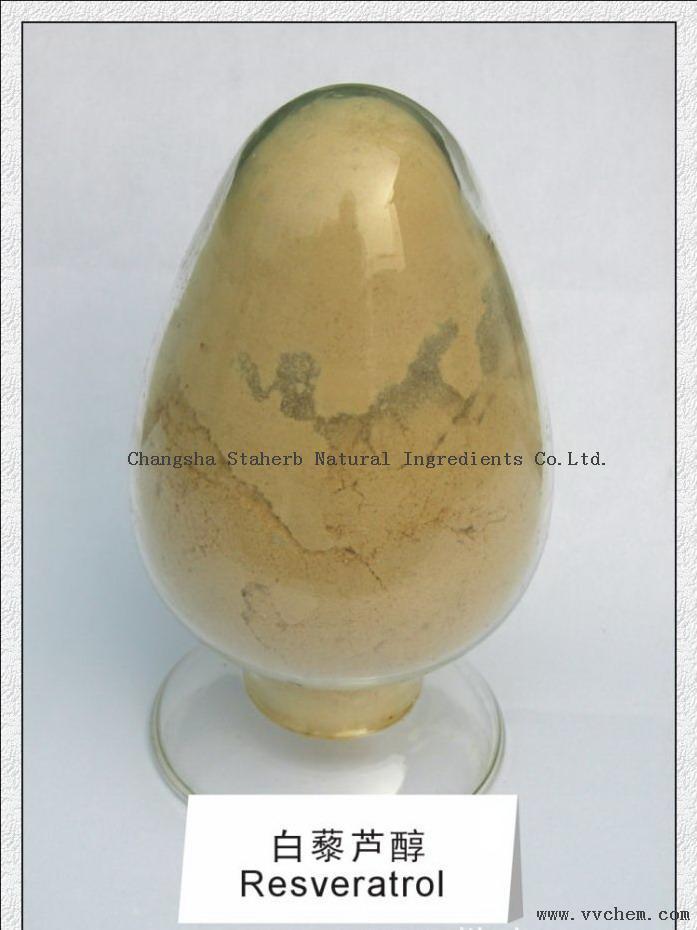Resveratrol (3,5,4'-trihydroxy-trans-stilbene) is a naturally occurring phytoalexin produced by some higher plants in response to injury or fungal infection. Resveratrol is found in the skin of red grapes and in other fruits. Resveratrol has also been produced by chemical synthesis and by biotechnological synthesis (metabolic engineered microorganisms) and is sold as a nutritional supplement derived primarily from Japanese knotweed.
Activity
The effects of resveratrol are currently a topic of numerous animal and human studies. Its effects on the lifespan of many model organisms remain controversial, with uncertain effects in fruit flies, nematode worms, and short-lived fish. In mouse and rat experiments, anticancer, anti-inflammatory, blood sugar-lowering and other beneficial cardiovascular effects of resveratrol have been reported.
Life extension
In 2006, Italian scientists obtained the first positive result of resveratrol supplementation in a vertebrate. Using a short-lived fish, Nothobranchius furzeri, with a median life span of nine weeks, they found a maximal dose of resveratrol increased the median lifespan by 56%. Compared with the control fish at nine weeks, that is by the end of control fish's life, the fish supplemented with resveratrol showed significantly higher swimming activity and better learning to avoid an unpleasant stimulus. The authors noted a slight increase of mortality in young fish caused by resveratrol, and hypothesized that its weak toxic action stimulated the defense mechanisms and resulted in the life span extension.
Permanent link: http://www.vvchem.com/sell/cas:501-36-0,3264196.html
